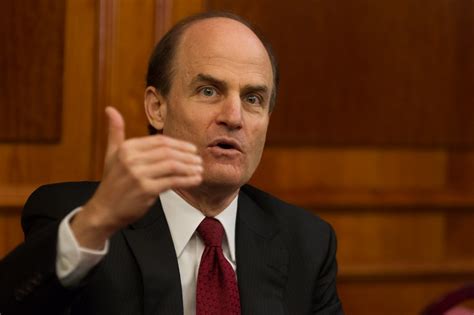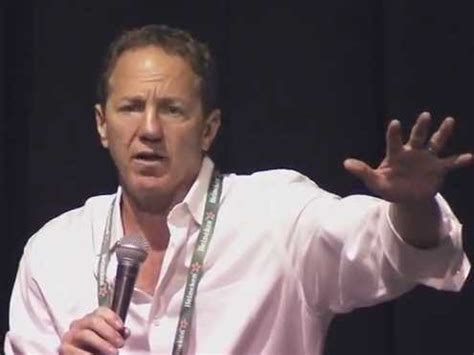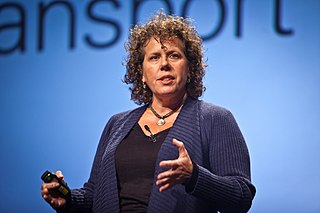A Quote by Meg Whitman
People ask me, how is managing in the New Economy different from managing in the Old Economy? Actually, it's a lot the same. It's about the financial discipline of the bottom line, understanding your customers, segmenting your customers by their needs, and building a world-class management team.
Related Quotes
Marketing is your battle plan for the sales team - it's about defining the landscape. Marketing is doing cohort analysis and understanding exactly what possible customers are out there. It's understanding not only which customers will respond to what messages, but also how customers will become clients if you include certain product features.
The bottom line in managing your emotions is that you should put others – not yourself – first in how you handle and process them. Whether you delay or display your emotions should not be for your own gratification. You should ask yourself, What does the team need? Not, What will make me feel better?
Often people say they can't base their strategies on customers because customers make unreasonable requests and because customers vary too much. Such opinions reveal serious misconceptions. The truly outside-in company definitely does not try to serve all the needs of its customers. Instead, its managers are clear about what their organization can and should do for customers, and whatever they do they do well. They focus.
If you ask who are the customers of education, the customers of education are the society at large, the employers who hire people, things like that. But ultimately I think the customers are the parents. Not even the students but the parents. The problem that we have in this country is that the customers went away. The customers stopped paying attention to their schools, for the most part.



































